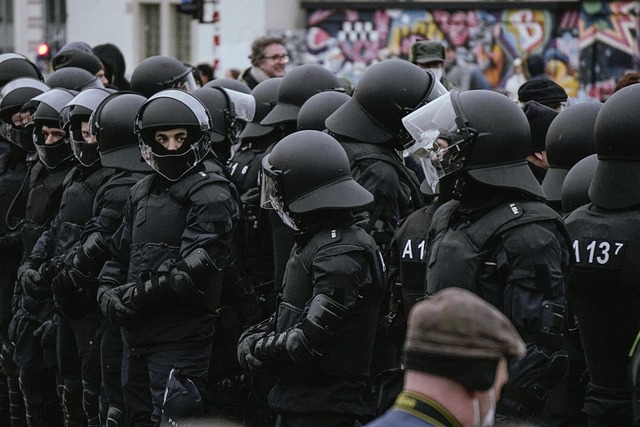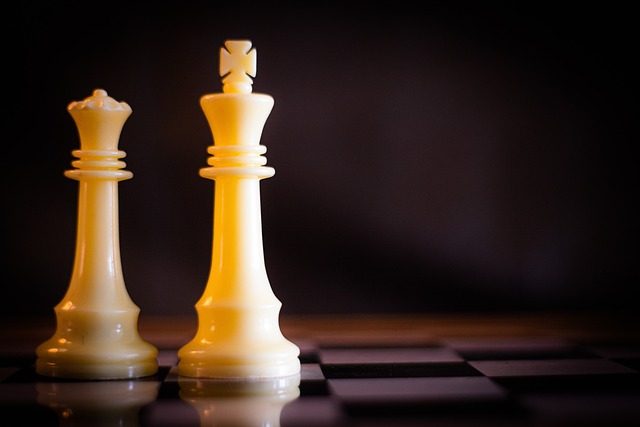The Power of Unit Specialization in Gaming Strategy: A Deep Dive into eSports
In the ever-evolving world of gaming and eSports, strategy reigns supreme. One key component of strategic gameplay is unit specialization. This concept, though often sidestepped by casual players, can dictate the outcome of high-stakes matches in games that require precision and tactical prowess.
Unit specialization refers to the practice of honing in on specific roles or types of units within a game to maximize their effectiveness. Whether you’re commanding an army in real-time strategy (RTS) games or coordinating a team in multiplayer online battle arenas (MOBAs), the importance of specializing cannot be overstated. It’s akin to having a well-oiled machine where every cog serves a distinct purpose, contributing to the overall success of the team.
Games That Embrace Unit Specialization
Take popular titles like StarCraft II or Dota 2. In these games, players often choose units or heroes that excel in particular tasks. In StarCraft II, for instance, a Terran player may focus on marine units for early aggression, while a Zerg player might specialize in mutalisks for harassment. This distinct focus allows players to exploit their opponents’ weaknesses effectively.
On the MOBA front, character specialization is crucial. In Dota 2, you have heroes who can tank damage, deal massive amounts of damage, or support their teammates. Each role—be it carry, support, or off-laner—has its strengths and weaknesses. Teams that understand the dynamics of unit specialization can develop strategies that capitalize on these roles, turning the tide of the game.
The Competitive Edge in eSports
In the realm of eSports, where every millisecond counts, the strategic implementation of unit specialization provides a significant competitive edge. Professional players and teams invest countless hours practicing specific character builds, unit compositions, and strategies tailored around their strengths. This meticulous attention to detail allows them to anticipate opponents’ moves and react with precision.
For aspiring players, embracing unit specialization can be the difference between just playing and becoming a formidable contender. It encourages deeper understanding of game mechanics and instills a tactical mindset. With practice, players learn how to coordinate with teammates, ensuring that every unit fulfills its role, creating a synergistic effect that can overwhelm the enemy. This idea is resonant across the eSports landscape, where strategies evolve, and adaptation is key to triumph.
Refining Skills Through Specialization
Moreover, unit specialization allows players to refine their skills in specific aspects of the game. By focusing on a particular type of unit or character, players can develop a deeper understanding of its strengths, weaknesses, and optimal gameplay strategies. This knowledge can lead to improved decision-making under pressure, an invaluable asset in high-intensity gaming environments.
The camaraderie and teamwork that emerge from shared specialization cannot be overlooked either. Players learn to communicate better and work cohesively towards a common goal. This sense of unity is empowering and can create a unique bond among team members, often translating into improved performance.
As gaming continues to grow as a competitive arena, the concept of unit specialization will undoubtedly remain vital. Whether you’re a casual gamer looking to increase your rank or a serious competitor eyeing a podium finish at the next major eSports tournament, embracing the power of specialization will serve you well. In the world of strategy gaming, it’s not just about the quantity of units on the battlefield, but the quality and focus of their roles that lead to glory.




